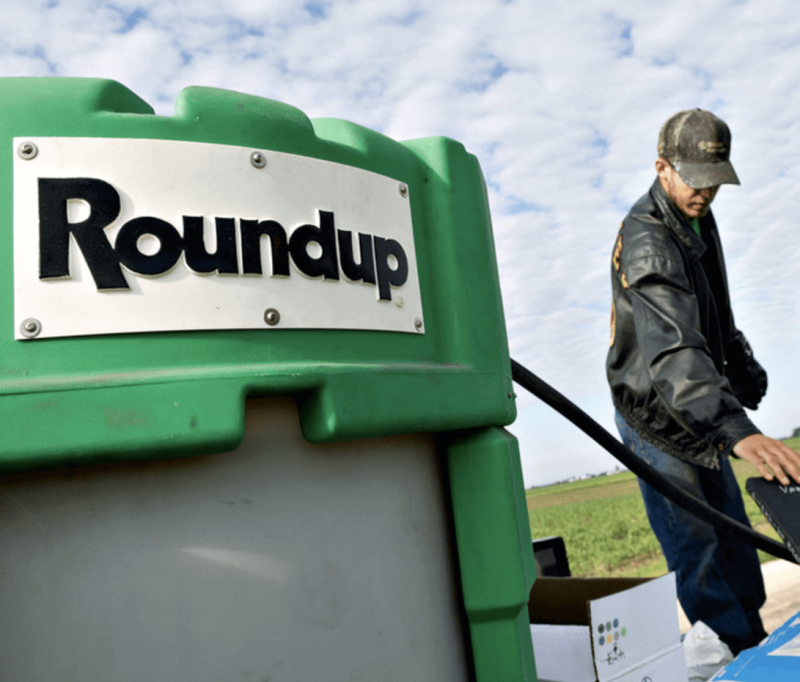The faith that American farmers …. have in Roundup is what prompted the German company Bayer to spend $63 billion in 2018 to buy Monsanto, the herbicide’s creator. And it is now what undergirds Bayer’s confidence that Roundup will remain a moneymaker, even if the company ends up paying billions of dollars to settle the legal morass it inherited with the sale.
…
Glyphosate is already the most widely used agricultural chemical in history, and farmers will continue to depend on Roundup, investors reason, especially as a growing population increases the demand for food.
Independent market researchers project that the global market for glyphosate could reach $12 billion by 2024, regardless of health worries.
…
Although the patent on glyphosate expired in 2000, the combination of Roundup and Roundup Ready seeds has ensured the products’ continued popularity.
Farmers saw their costs fall. Glyphosate was also considered less toxic and environmentally friendlier than many of the other substances that American farmers were using.
“We used to till the ground, then plant, then go back and plow at least twice, and then spray a chemical,” said Ms. Overman, who grows soybeans, corn and wheat. “Now we’re not tilling at all,” which means less soil erosion and less chemical runoff.
Read full, original article: Roundup Weedkiller Is Blamed for Cancers, but Farmers Say It’s Not Going Away































